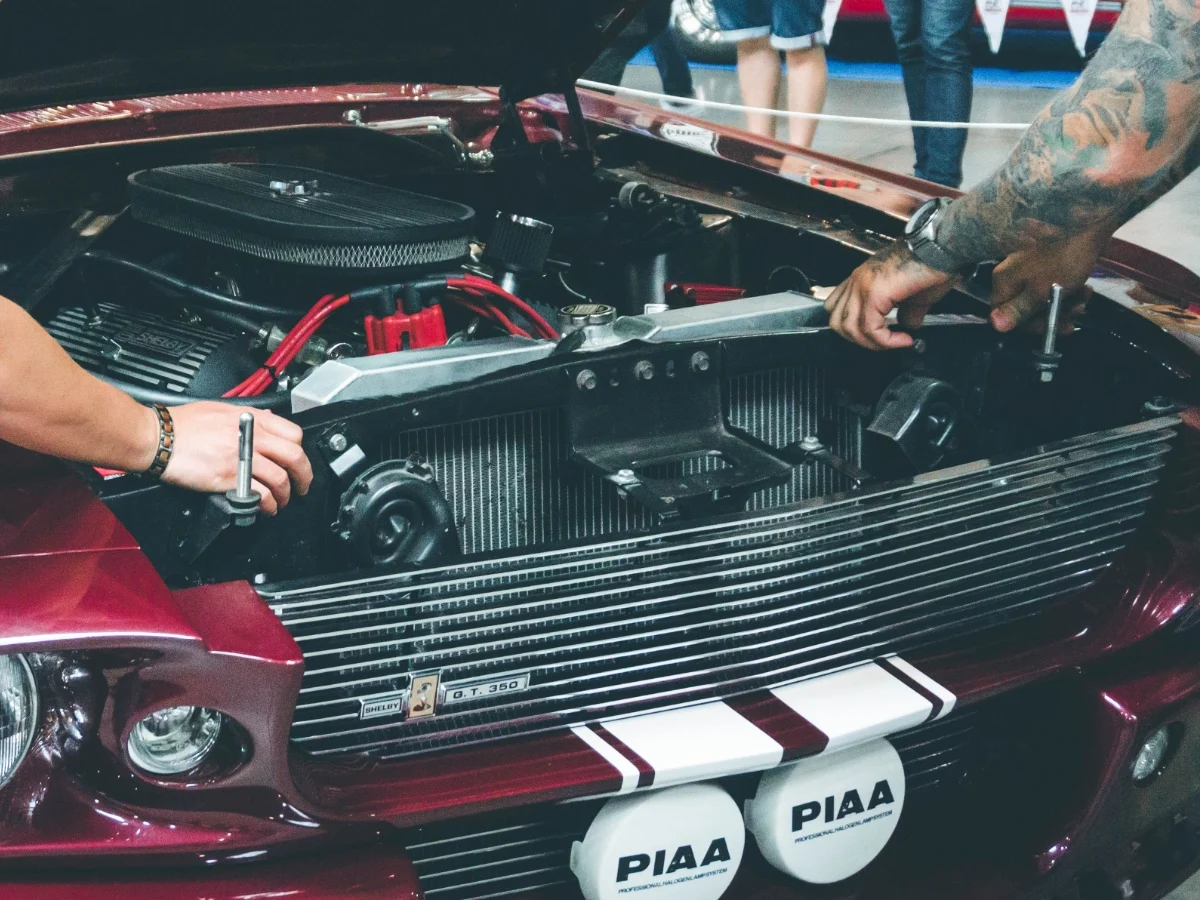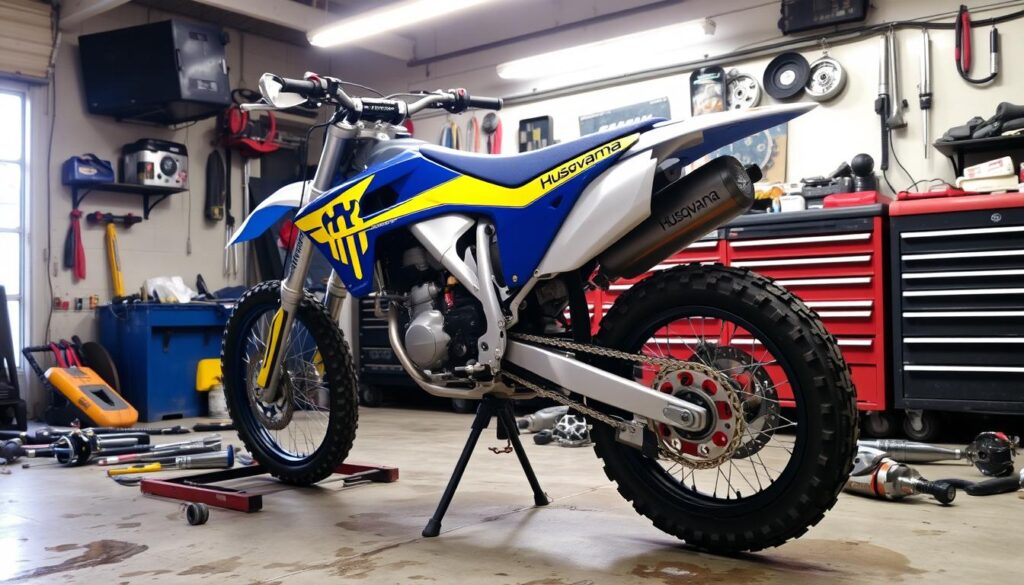Purchasing a hearse is not your everyday car buying experience. Whether you’re looking to acquire one for business purposes, personal use, or as a unique collector’s item, there are several factors to consider that differ significantly from buying a standard vehicle. This guide will outline the key considerations to keep in mind when shopping for a hearse to ensure you make an informed decision.
1. Intended Use
First and foremost, clarify why you are buying a hearse. The intended use will significantly influence the type of hearse you should look for:
- Professional Services: If you’re in the funeral business, you’ll need a hearse that reflects the dignity and decorum of your services. Look for models with a traditional design and ample space to accommodate standard-sized caskets comfortably.
- Personal Use: For personal use, such as for transporting large items or as a unique vehicle, consider both functionality and style. Assess what modifications might be needed to make it suitable for everyday use.
- Collectible: If you’re a collector, the model year, historical significance, and originality of the hearse will be your primary concerns.
2. Condition and Mileage
Like any vehicle, the condition and mileage of a hearse are critical factors. However, hearses are often subject to different types of wear and tear, given their specific use:
- Engine and Transmission: Ensure these are in good working order, as hearses carry heavy loads and require robust performance.
- Body and Interior Condition: Check for rust or damage on the body, especially since some hearses have custom bodywork that can be expensive to repair. The interior should also be inspected, particularly the rear compartment, to ensure it meets your needs.
- Maintenance History: Given the unique functions of a hearse, a well-documented maintenance history is vital. This will give you insight into how well the vehicle has been cared for.
3. Size and Storage
The size of the hearse is important, particularly if you plan to use it for transporting items other than caskets. Ensure the dimensions of the storage area meet your needs. Also, consider the overall size of the vehicle, as some hearses can be quite lengthy, which might pose challenges for everyday driving and parking.
4. Customization and Features
Many hearses come with customized features that might not be necessary for your intended use. Assess whether these features are a benefit or a hindrance. For instance, elaborate interior drapery or specialized lighting might be unnecessary for personal use and could incur extra costs to modify or maintain.
5. Legal Considerations
Depending on where you live, there may be legal considerations when owning and operating a hearse:
- Registration and Insurance: Check if there are any special requirements or higher costs associated with registering and insuring a hearse.
- Use Restrictions: Some areas may have restrictions on using a hearse for anything other than its intended funeral purpose, especially if it still looks like a traditional hearse.
6. Availability of Parts
Since hearses are specialized vehicles, replacement parts can be scarce and expensive. Consider the availability of parts for the specific model you’re looking at, especially if it’s an older or custom model. This availability will impact maintenance costs and the feasibility of ongoing upkeep.
7. Resale Value
Think about the future resale value of the hearse. While hearses can be unique finds, the market for them is relatively niche, which could affect resale opportunities and values.
Buying a hearse requires careful consideration of several unique factors. By thoroughly assessing your needs, the vehicle’s condition, legalities, and potential costs involved, you can make a well-informed decision. Whether it’s for business, personal use, or as a collectible, a hearse can be a rewarding investment when chosen wisely.





